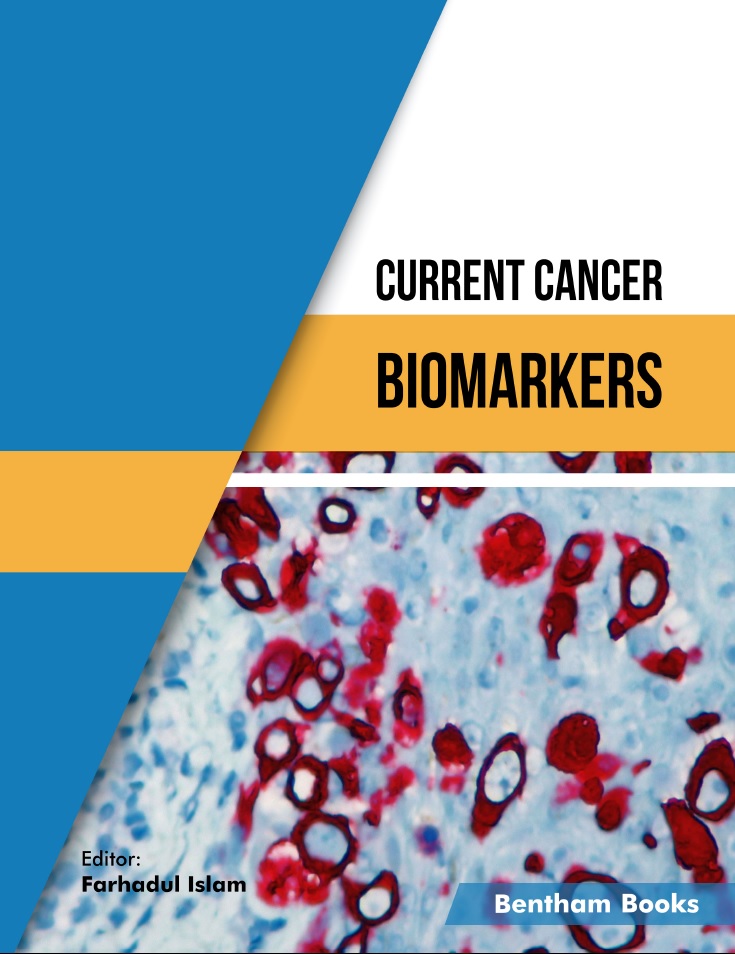Electrochemical Biosensor for Cancer Biomarkers Detection

- Authors: Md Arifuzzaman1, Mostafa Kamal Masud2, Asif Ahmed3, Md Morsaline Billah4, Md Nazmul Islam5
-
View Affiliations Hide Affiliations1 Institute of Tissue Banking and Biomaterial Research, Atomic Energy Research Establishment,Savar, Dhaka 1349 Bangladesh 2 Australian Institute for Bioengineering and Nanotechnology (AIBN), The University ofQueensland, Brisbane, QLD, 4072 Australia 3 Biotechnology and Genetic Engineering Discipline, Khulna University, Khulna 9208,Bangladesh 4 Biotechnology and Genetic Engineering Discipline, Khulna University, Khulna 9208,Bangladesh 5 School of Health & Life Sciences, Teesside University, Middlesbrough TS1 3BA, UnitedKingdom
- Source: Current Cancer Biomarkers , pp 349-371
- Publication Date: January 2023
- Language: English
Biosensors are common analytical devices, capable of sensing a myriad of biological analytes, including cancer biomarkers. Although biosensors have different transducer types, electrochemical biosensors provide fast analysis time, high sensitivity, and the ability to perform complex measurements such as multiplexed analysis or screening tests for early diagnosis and prognosis of cancer. This chapter describes the background and theory of electrochemical sensors and introduces the main readout techniques. Innovative electrochemical biosensing strategies for analysis and quantification of important early cancer biomarkers, which include circulating nucleic acids (e.g., circulating tumour DNA, gene mutations, and microRNA) proteins, circulating tumour cells, and extracellular vesicles are discussed with the recent developments to provide an overview of the possible academic and clinical approaches
-
From This Site
/content/books/9789815079364.chap14dcterms_subject,pub_keyword-contentType:Journal -contentType:Figure -contentType:Table -contentType:SupplementaryData105

